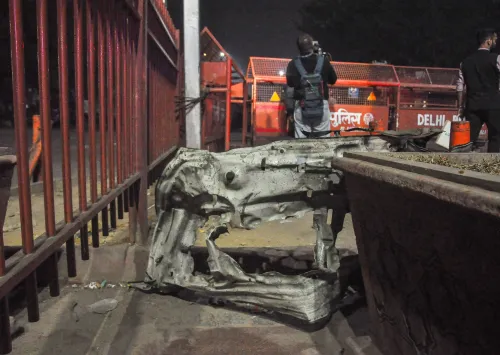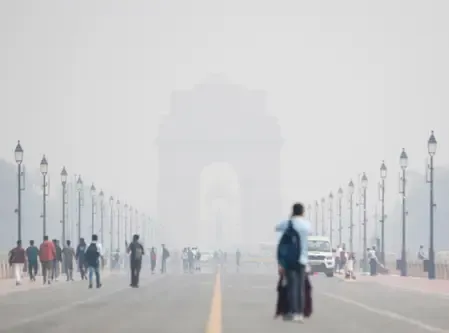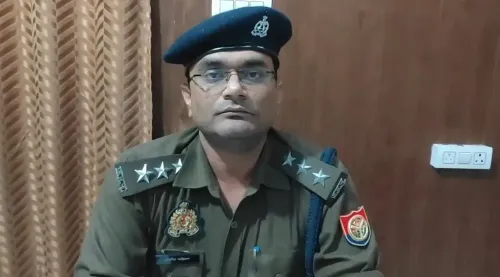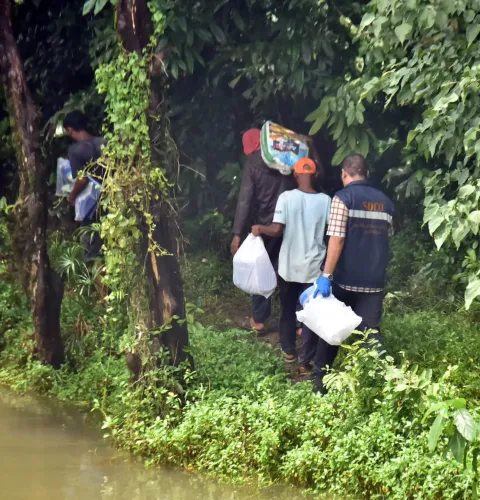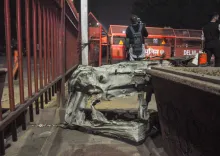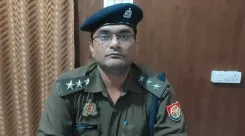What are the Economic Implications of Rising US Tariffs on Indian Goods?
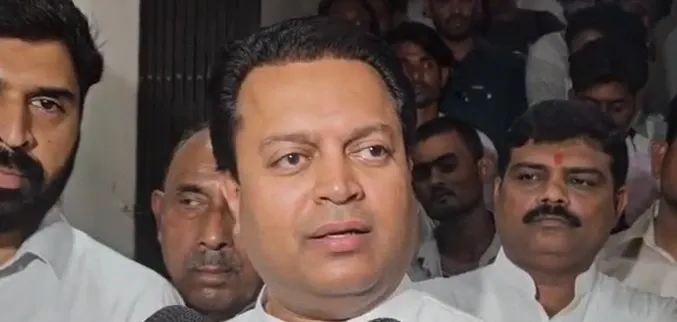
Synopsis
Key Takeaways
- US tariffs on Indian goods have increased to 50%.
- Amit Deshmukh calls for accountability from the Indian government.
- The lack of a strong governmental response raises concerns.
- India's foreign policy effectiveness is questioned.
- The Malegaon blast verdict has stirred public sentiment.
Mumbai, Aug 7 (NationPress) Congress MLA Amit Deshmukh, the son of former Maharashtra Chief Minister Vilasrao Deshmukh, expressed his deep concern on Thursday regarding the US's recent decision to impose an additional 25 percent tariff on Indian goods, which escalates the total tariff to 50 percent. He characterized this as a significant indication of India’s weakening foreign policy and called on the central government to implement immediate and effective measures.
In an interview with IANS, Deshmukh stated: "I believe our foreign policy has faltered. The imposition of such tariffs by the US necessitates accountability from the Indian government. The absence of a robust response from our side is concerning. If these trends persist, they could adversely affect our economy."
He emphasized that the government's silence on this crucial matter raises considerable concerns.
"A clear and decisive statement from the Indian government was necessary. To date, there has been none, which indicates a lack of seriousness," he added.
Reflecting on Prime Minister Narendra Modi's recent international engagements, Deshmukh remarked: "We are still awaiting tangible outcomes from these foreign trips. The current state of India’s global relationships and internal matters is deteriorating, and the government must take responsibility for this situation."
Deshmukh also commented on the Malegaon blast verdict, where all seven accused, including former BJP MP Sadhvi Pragya Singh Thakur and Lt. Col. Prasad Shrikant Purohit, were acquitted by a special NIA court on July 31. The 2008 Malegaon explosion in Nashik district resulted in six fatalities and over 100 injuries. Deshmukh’s father, Vilasrao Deshmukh, was the Chief Minister at that time.
"If the court has rendered a verdict, it must be respected. However, it is equally vital to recognize and understand the anguish and sentiments of the victims. If they perceive injustice, they have the right to pursue legal remedies through constitutional avenues," he stated.
"Terrorism is terrorism, and the law must penalize the guilty—regardless of their identity. If anyone feels aggrieved, they have the right to seek justice," he concluded.

